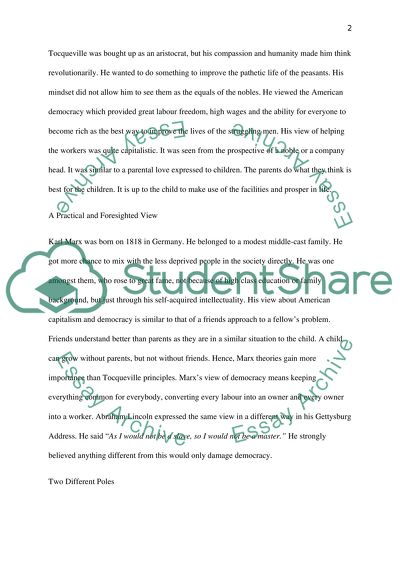Cite this document
(“In the Introduction to Democracy in America, Tocqueville claims that a Essay”, n.d.)
Retrieved from https://studentshare.org/history/1457891-in-the-introduction-to-democracy-in-america
Retrieved from https://studentshare.org/history/1457891-in-the-introduction-to-democracy-in-america
(In the Introduction to Democracy in America, Tocqueville Claims That a Essay)
https://studentshare.org/history/1457891-in-the-introduction-to-democracy-in-america.
https://studentshare.org/history/1457891-in-the-introduction-to-democracy-in-america.
“In the Introduction to Democracy in America, Tocqueville Claims That a Essay”, n.d. https://studentshare.org/history/1457891-in-the-introduction-to-democracy-in-america.


